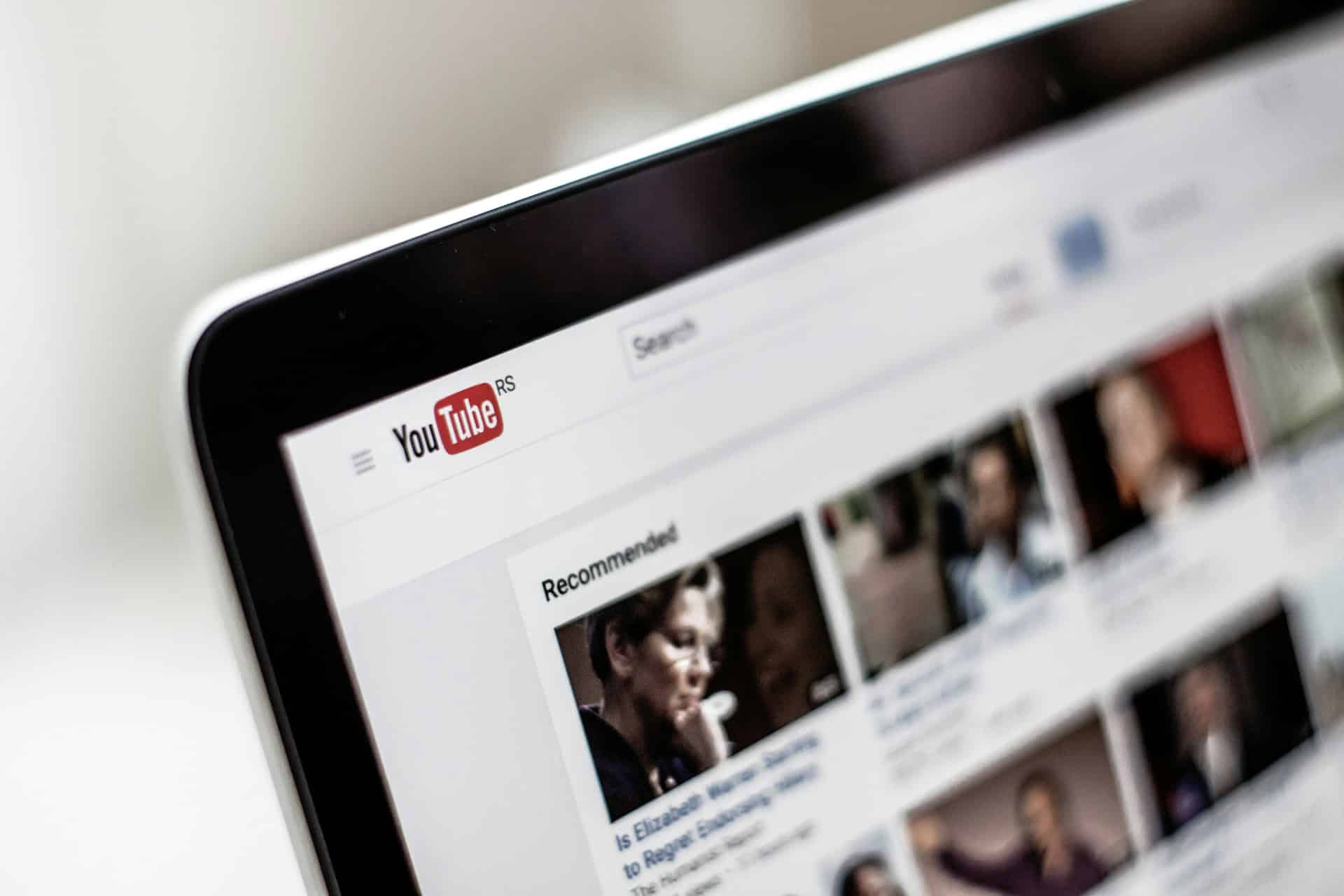On February 14, 2005, three entrepreneurs —Chad Hurley, Steve Chen, and Jawed Karim— launched YouTube, a platform that started with the simple idea of sharing videos. Today, two decades later, YouTube has become an unstoppable force that has redefined how we consume content, entertain ourselves, learn, and connect with the world. With over 2.7 billion monthly active users in 2023, YouTube is not just a platform; it’s a cultural phenomenon that has transformed the lives of millions.
From a Zoo Video to a Digital Universe
The first YouTube video, “Me at the zoo,” uploaded by Jawed Karim on April 23, 2005, was a 19-second homemade clip filmed at the San Diego Zoo. It seemed trivial, but that moment marked the beginning of a revolution. In its early years, YouTube was seen as a site for sharing personal videos, but it quickly evolved. In 2006, Google acquired the platform for $1.65 billion, fueling its expansion and solidifying it as a global space.
Today, YouTube hosts everything from tutorials and documentaries to feature films, live broadcasts, and concerts. With over 500 hours of content uploaded every minute, the platform has become a living archive of human culture and creativity.
Cultural Impact: Democratizing Creation and Consumption
YouTube democratized access to the production and distribution of audiovisual content. Previously, this field was dominated by large media corporations. Now, anyone with a smartphone and an internet connection can become a creator. This openness has allowed for the emergence of new voices, communities, and cultural movements.
The platform has also redefined entertainment. From early vlogs to viral challenges and ASMR videos, it has created new genres and forms of consumption. Moreover, it has been a space for artistic expression, allowing musicians, comedians, and independent artists to reach global audiences without intermediaries.
YouTube as an Educational Tool
Beyond entertainment, YouTube has become a powerful educational tool. Channels like “Khan Academy,” “Online Courses,” and “CrashCourse” offer free and accessible resources for learners of all ages. During the COVID-19 pandemic, the platform was essential for maintaining online education, with millions learning from home.
Even academic and governmental institutions have utilized YouTube to share knowledge. The platform has democratized access to information, becoming a global library of learning.
Economic Transformation: The Birth of a New Industry
YouTube has not only changed culture; it has also created a new economy. Monetization through ads, memberships, and sponsorships has enabled millions of creators to turn their passions into professional careers. Some of the most popular creators, like MrBeast and PewDiePie, earn millions of dollars each year.
However, this model has generated controversies. Issues like misinformation, algorithmic exploitation, and content moderation have forced YouTube to implement stricter policies. Despite these challenges, the platform remains a key economic engine for creators and businesses.
Competition and the Future of Online Video
YouTube is no longer the only player in the field. Platforms like TikTok, Instagram Reels, and Twitch have emerged as strong competitors, each with its own strengths. TikTok has revolutionized short video formats, while Twitch dominates live streaming, especially in the gaming world. This competition has forced YouTube to innovate, such as with the launch of YouTube Shorts in 2020.
| Platform | Main Focus | Strengths | Challenges |
|---|---|---|---|
| YouTube | Long and short videos | Massive user base, solid monetization | Misinformation and content moderation |
| TikTok | Viral short videos | Powerful algorithm, exponential growth | Privacy and security controversies |
| Instagram Reels | Integrated short videos | Visual design and social media connectivity | Dependence on the main platform |
| Twitch | Live streaming and gaming | Active community and niche focus | Limited to live broadcasts |
The Future of YouTube: Innovation and Adaptation
As YouTube celebrates its twentieth anniversary, its future looks bright. The platform continues to innovate, integrating artificial intelligence to improve recommendations and experimenting with new monetization models. Additionally, its expansion into emerging markets and commitment to multilingual content ensure its global relevance.
However, challenges remain. Competition is fierce, and user expectations are higher than ever. YouTube must balance innovation with responsibility, ensuring that its platform remains a safe and valuable space for all.
Conclusion: A Lasting Legacy
YouTube is not just a video platform; it is a cultural phenomenon that has transformed the way we live, learn, and connect. In its 20 years of existence, it has evolved from a site for homemade videos to a pillar of digital culture. Its impact on entertainment, education, and communication is undeniable.
As it celebrates its twentieth anniversary, YouTube stands as a testament to the power of technology to unite the world. Its legacy is already written, but its story is far from over. Happy anniversary, YouTube: the digital world would not be the same without you.
Source: Noticias Redes Sociales

